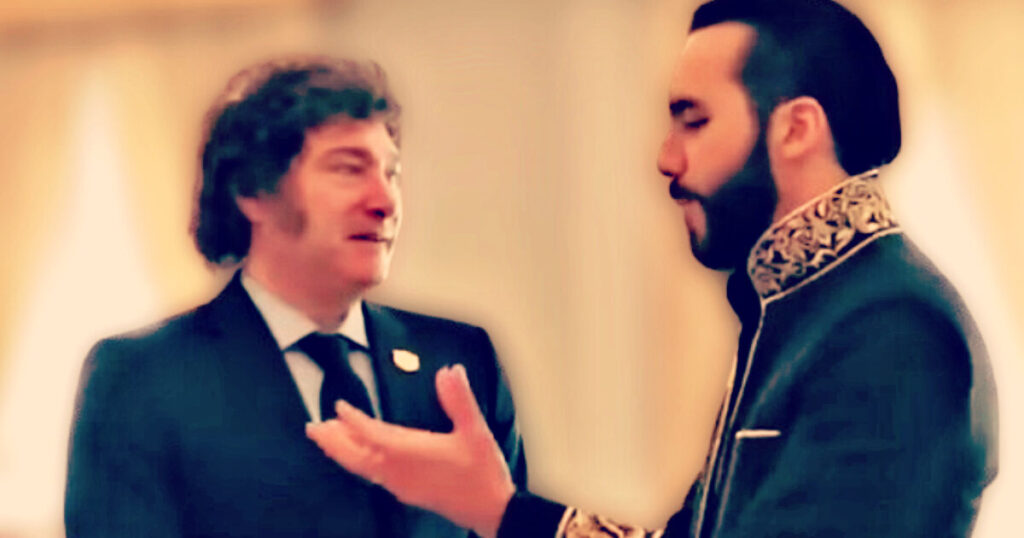The historic upcoming second inauguration of US President Donald J. Trump is poised to break away from established norms by extending invitations to foreign leaders. Among those invited is Argentina’s President Javier Milei, who has confirmed his plans to travel to Washington for the event. This marks a significant departure from traditional inauguration practices, as this will be the first instance in American history where foreign heads of state are attending a Presidential inauguration in an official capacity. The invitations signify a potentially new approach to international relations under a Trump administration, which is already drawing attention and curiosity from various global leaders eager to assess their standing with the re-elected president.
Milei’s presence at the inauguration is particularly noteworthy, as it underscores a blossoming relationship between the United States and Argentina. Milei’s spokesman, Manuel Adorni, shared that the invitation to the Argentine leader is a historic first. Additionally, Nayib Bukele, the President of El Salvador, is reportedly considering an invitation extended by Trump, though it remains unconfirmed due to security concerns. The invitation list has generated speculation about which other influential global leaders have been invited, with the Ukrainian President, Volodymyr Zelenskyy, notably not included, though Trump expressed openness to a visit from him if he wished to attend.
The significance of Milei’s attendance lies in the ideological affinities shared with Trump. Milei, an outspoken self-described “anarcho-capitalist,” has garnered attention for his radical economic reforms in Argentina that include stringent austerity measures and efforts to reduce government bureaucracy. His recent meeting with Trump in Mar-a-Lago made headlines, with both leaders reportedly aligning on various economic policies and governance strategies. The ties refer to a shared vision for government efficiency, a subject which both presidents have vocalized support for amid their respective leaderships.
Milei’s approach has attracted the admiration of notable figures in the business world, such as tech billionaire Elon Musk and entrepreneur Vivek Ramaswamy, who has been assigned to lead the new “Department of Government Efficiency” in the Trump administration. This entity aims to mirror Milei’s aggressive deregulation strategy in Argentina, which has drawn both support and criticism domestically. His unique campaigning style, illustrated by the symbolic use of a chainsaw to represent budget cuts, has shaped his agenda of cutting government size and reducing expenditures—a goal that resonates with Trump’s promise of “draining the swamp.”
As the inauguration date approaches, the political landscape is rife with speculation regarding the implications of these international visits and the confirmation of other world leaders attending. The anticipation surrounding this event illustrates a potential shift in diplomatic engagements and the reestablishment of alliances through personal connections between leaders. The involvement of Milei and Bukele at such a pivotal moment evokes discussions about the future of Latin American relations with the United States and how new leadership styles might influence these dynamics moving forward.
In summary, the upcoming inauguration of Donald J. Trump serves not just as a renewal of his presidency but as a potential harbinger of newfound international partnerships, particularly with leaders like Javier Milei of Argentina and Nayib Bukele of El Salvador. As both leaders share a populist, anti-establishment sentiment, their potential presence signifies not only personal allegiance but a broader movement toward economic reform and deregulation. The historical nature of this inauguration, marked by foreign leaders’ attendance, could redefine the rituals of American political culture while influencing global perceptions of the future trajectory of U.S. foreign policy.

